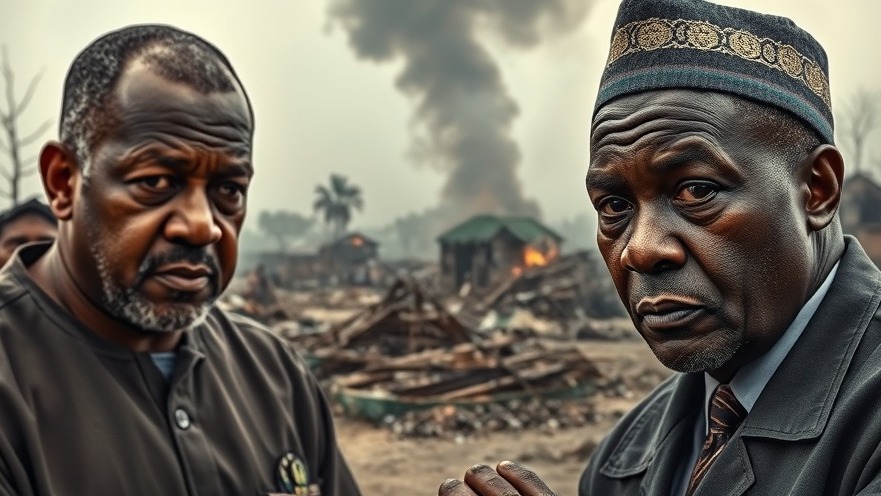
Radical Surgery: A Call for Political Transformation in Africa
In recent years, the political landscape in Africa has often been characterized by erratic cabinet reshuffles and intense electoral maneuvering, overshadowing the essential development priorities of nations. President William Ruto's administration in Kenya epitomizes this trend, where political survival seems to trump fundamental national interests. This reality begs an exploration: can Africa transcend the cyclical nature of power politics to embrace a robust development strategy?
Historical Context: Lessons from the Developmental State
Historically, nations like Singapore and South Korea embarked on transformative journeys from poverty to prosperity by setting long-term strategic goals. Within merely a generation, their leaders implemented cohesive economic policies that prioritized innovation in critical sectors such as technology and agriculture. Unlike the current political strategies predominant in Kenya, these countries fostered a culture where both leaders and citizens were unified by a singular vision of growth and pride.
Assessing Africa's Current Political Climate
The contrast in approaches raises significant questions about governance in the African context. Rather than allocate resources to substantive development initiatives, there's a tendency to engage in political short-termism. Endless cabinet changes appear to serve the interests of party elites rather than the public, making it vital to discuss alternatives that prioritize the welfare of citizens over party politics.
Amidst Political Chaos: The Search for Real Development
The frenetic reshuffling of leadership roles is not merely an internal crisis; it's a reflection of Africa's struggles on the global stage. Political instability can deter investment, impede growth initiatives, and foster a negative perception of African economies in international circles. If political leaders do not pivot from their self-serving agendas to genuine development goals, Africa risks perpetuating cycles of underdevelopment.
Insights for Policymakers and Business Leaders
For investors and policymakers, understanding this dynamic is crucial. A stable political environment directly correlates with economic performance. As leaders begin to reassess their strategies, there lies an opportunity for investors to engage in dialogues that encourage accountability and long-term vision, paving the way for meaningful partnerships aimed at improving Africa's standing in global markets.
Call to Action: Embrace the Challenge for Change
To foster real development, Africas must engage in a revolutionary political surgery that prioritizes the visions of their citizens over transient political games. By emphasizing long-term strategies over short-term gains, leaders can build a foundation for sustainable economic growth that benefits all. It’s time for stakeholders in the African economy to insist on accountability, vision, and impactful leadership—transforming political landscapes into engines of development.
 Add Row
Add Row  Add
Add 


 Add Row
Add Row  Add
Add 

Write A Comment